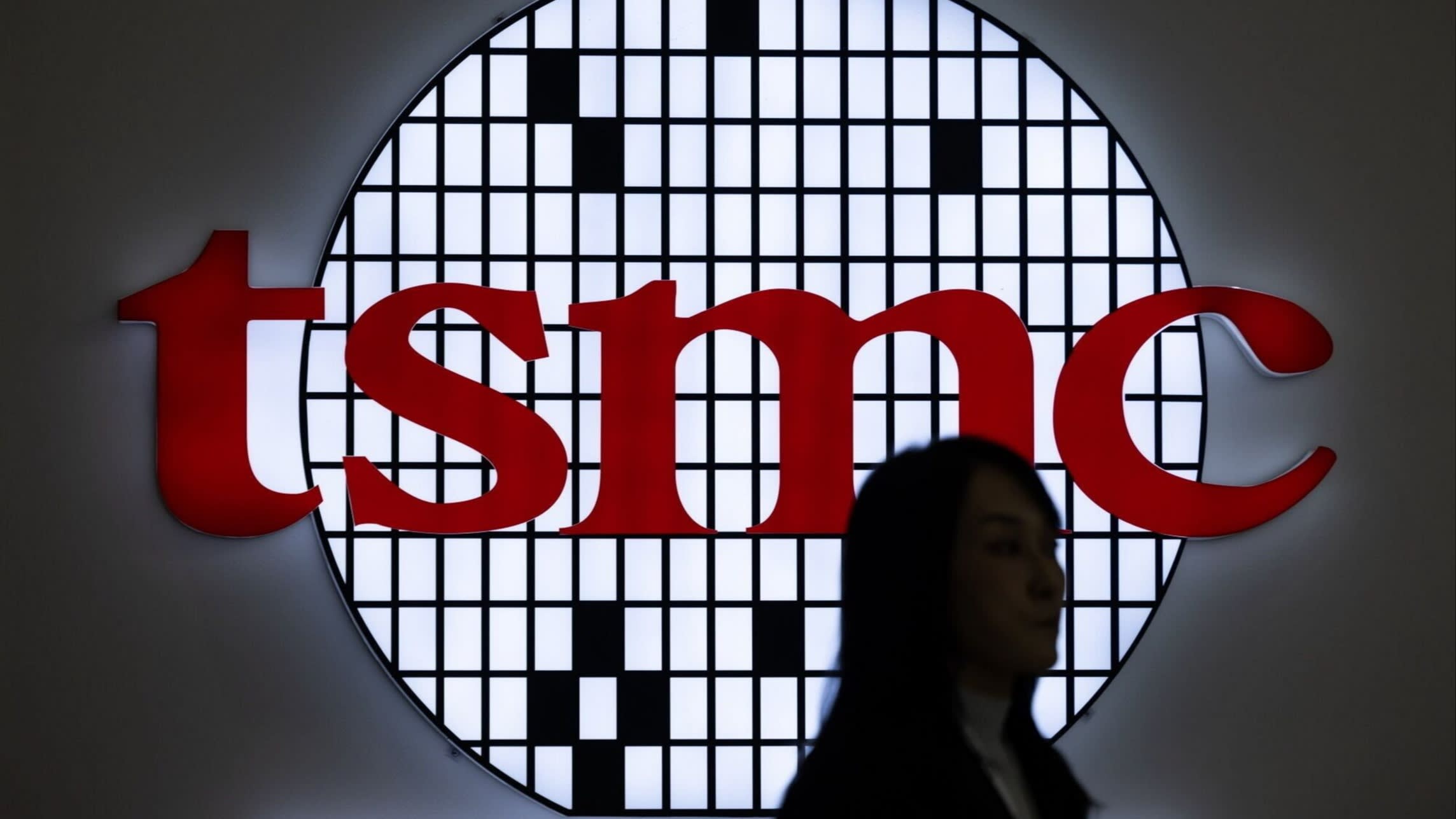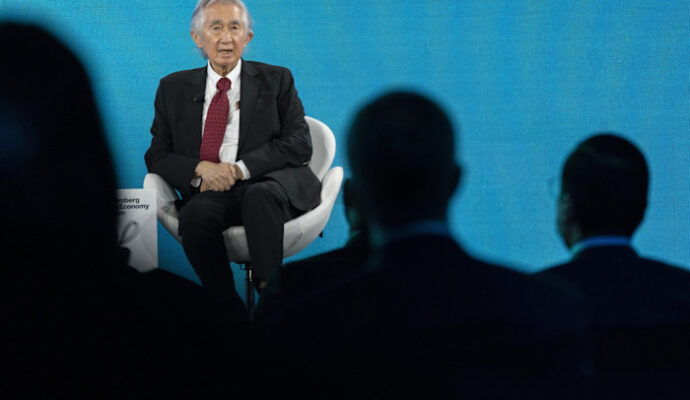
Unlock the Editor’s Digest for free
Roula Khalaf, Editor of the FT, selects her favourite stories in this weekly newsletter.
Taiwan has suspended chip export curbs on South Africa days after it made unprecedented use of the island nation’s technological dominance for diplomatic retaliation.
Controls on South African imports of chips from the world’s biggest chip manufacturer were announced this week after Pretoria sought to downgrade Taiwan’s de facto embassy, but will be frozen after South Africa agreed to talks, Taiwan’s foreign ministry said on Thursday.
It said Taiwan agreed to suspend the curbs “in view of the fact that our representative office in South Africa has just received a message from the South African government requesting consultations on the status of our office”.
A spokesperson for South Africa’s foreign ministry said the measures had sought to “disrupt the stability of the global supply chain of semiconductors”.
Ryan Smith, international relations spokesperson for the Democratic Alliance, a party in South Africa’s coalition government, said that despite a comparatively small trade volume with Taiwan “we need to look at it qualitatively”.
“Taiwanese chips are still the best in the world, and they are still the preferred semiconductor chip for many manufacturers in South Africa. It’s not something that can be easily replaced with a trade relationship with another country.”
The controls requiring official preapproval of exports would have taken effect in November after a notice period, but have now been shelved.
Diplomats suspect South Africa had been seeking to move Taiwan’s representative office out of Pretoria, the capital and a regional hub for diplomacy, before China’s leader Xi Jinping is set to visit for the G20 summit this year.
The swiftness of Taiwan’s imposition, then withdrawal, of a de facto chip export embargo has underlined Taipei’s power to use leading manufacturers such as Taiwan Semiconductor Manufacturing Company (TSMC) to fight diplomatic battles.
Last year South Africa directly imported only a few million dollars in the kinds of technology that could have been subject to the export controls, according to trade data. South African carmakers and other users mostly access them in goods from elsewhere.
Taiwan’s use of the threat will, however, be noted by many developing countries that use its chips in everything from car plants to data centres but also maintain close ties to China.
“The Taiwan authorities’ action is a deliberate move to destabilise global chip industrial and supply chains,” Guo Jiakun, China’s foreign ministry spokesperson, said on Wednesday. “Such political manipulation will only end in failure.
“China commends the South African government resolutely moving forward the relocation of Taiwan’s institution there,” he added.
South Africa’s government drew a protest from Taiwan in July when it announced that Taipei’s representative office in Pretoria was no longer recognised and that Taiwan should base a “commercial office” in Johannesburg instead.
South Africa had cited its “commitment to the One China Policy”.
Eswatini, South Africa’s landlocked neighbour, is the only nation on the continent that grants Taiwan official recognition.
TSMC has built a commanding position in global semiconductor exports that are critical to artificial intelligence development.


